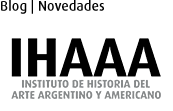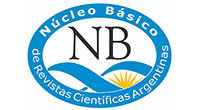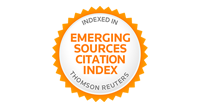From the eye to the spectator. Visuality, review and new history of art
Keywords:
Visuality, New Art History, Art Criticism, Visual Studies, MethodologyAbstract
In 1955 René Huyghe emphasized the passage of the civilization of the book to the civilization of the image and the necessity to change the methodologies of art history. After this moment a line of thought based on the experience of the observer was developed. This thought, very important in the aesthetic theories of the ‘60s, was transferred to art history from the ‘70s onwards. Different authors have studied art history by putting the spectator in a preferential place. This paper studies authors like Greenberg, Baxandall and Alpers –who put the experience of the eye and the visual culture in the centre of their interests– in order to analyse their methodological uses in relation with the new methodologies given by the new art history.Downloads
Downloads
Published
How to Cite
Issue
Section
License
According to these terms, the material can be copied and redistributed by any means or in any format as long as a) the author and original source of the publication are quoted (magazine and URL of the work), access to the license is provided and whether changes have been made is mentioned; and b) the material is not used for commercial purposes.
The cession of non-exclusive rights means that after the publication (post print) in Boletín de Arte the authors can publish their work in any language, means and format; in such cases it must be mentioned that the material was originally published in this magazine.
Such cession also means the authorization of the authors for the work to be collected by SEDICI, the institutional archive of the National University of La Plata, and to be spread in the databases that the editorial team considers appropriate to increase the visibility of the publication and its authors.
Moreover, the magazine encourages the authors to deposit their productions in other institutional and thematic archives under the principle that offering the society the scientific and academic production without any restrictions contributes to a greater exchange of the global knowledge.
































